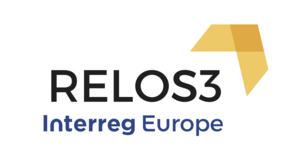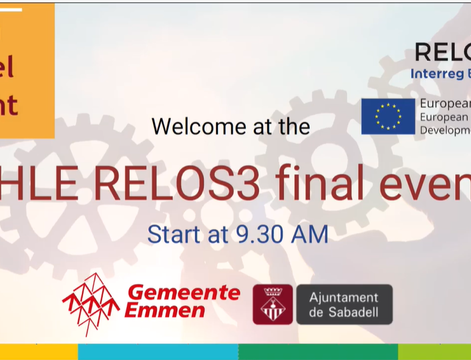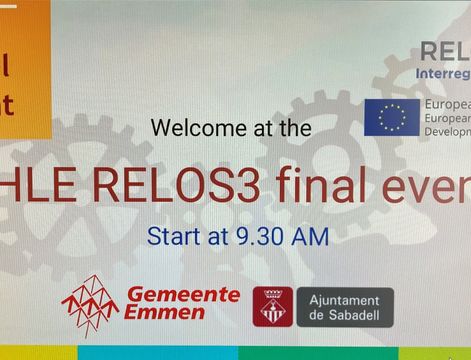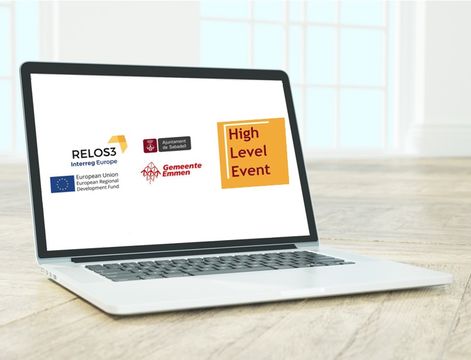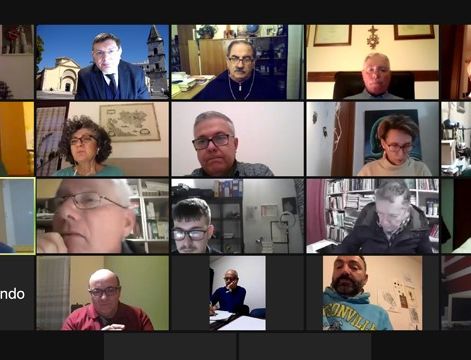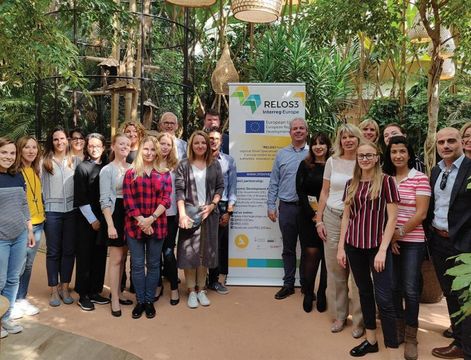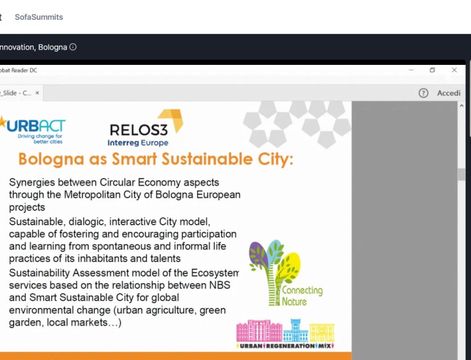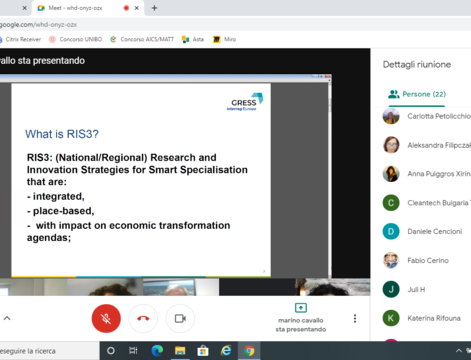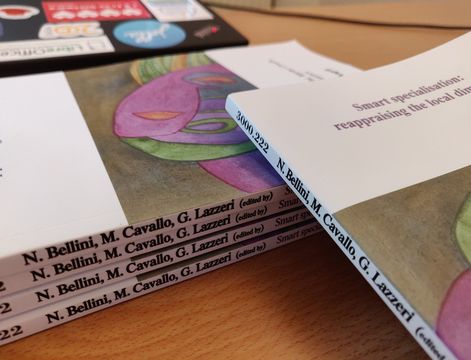From 16 of 17 June took place the Smart Cities Summit, an international online conference that gave the opportunity to disseminate the RELOS3 project results to a wide audience - from across Europe and beyond - of decision makers, industry experts and representatives of cities and international organization that are dealing with the issue on how promote delivery of innovation at the local level.
How can cities prepare for a post COVID-19 world? How ensure integrated urban development with the focus on Smart Specialization Strategy? How making the new normal an improved normal, adopting a smart development paradigm to recover from the crisis?
These are some of the questions that the Smart Cities Summit tried to answer thanks to the contributions of its keynote speakers from across the globe gathered for an open discussion and knowledge sharing.
The Metropolitan City of Bologna project manager, Mr. Marino Cavallo, participated to this high level political dissemination event and during the assigned stage “Liveable Cities - Urban Planning & Development” illustrated his presentation “Culture to Regenerate the City: an Urban Smart Mix” showing the identifying elements of the RELOS3 project and its innovative character.
Moreover, he illustrated the connections of RELOS3 with the others Metropolitan City of Bologna European projects for governance development and urban regeneration through the Smart Specializations.
He stressed the Smart Specializations Strategy of Emilia-Romagna region (S3 Strategy) and its funding opportunities and how it could lead to governance for urban regeneration through the culture.
In this process, the governance arena was identified in the so called “orange economy”, the definition of “cultural economy” provided by Emilia Romagna S3 Strategy for connect the production system and the knowledge system using research and innovation.
This definition includes: i) the core businesses of Cultural and Creative Industries (cultural heritage, multimedia, performing arts and so on); ii) the traditional enterprises “culture driven”; iii) cultural and sustainable tourism.
The project manager explained that within “orange economy” the S3 Strategy considers the Cultural and Creative Industries (CCI) one of the emerging areas with high potential for expansion.
In the supporting of CCIs, the unsolved problems and key issues underlined were the impact of the crisis and the effects of the corona virus on the cultural products consumptions. The proposed solution was to finance the CCIs in alternative way through a stronger role of the crowd funding and innovative use of fundraising.
Participate to Smart City Summit was useful to confront the most important international experts in the field of Smart Cities and civic engagement for define a shared strategy on how Smart Specializations can tackle the pandemic crisis. Even if the meeting was held in a remote modality thanks to the online platform, the project manager met personally with the attendees paving the way for future collaborations.
